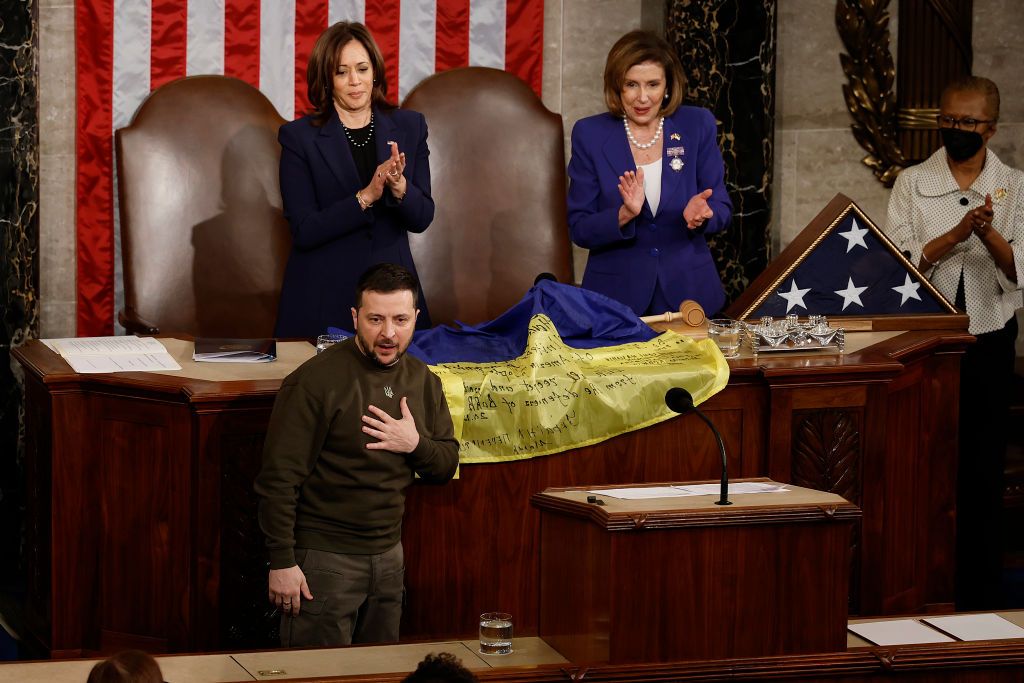German party leader says Europe can't compensate for potential loss of US aid to Ukraine

In a comment for the German Press Agency, Omid Nouripour, a co-leader of Germany's Green Party, has emphasized the central role the U.S. is playing in Western support for Ukraine, adding that Germany and the European Union, in general, won't be able to compensate for a potential loss of the U.S. aid to Ukraine.
Nouripour's statement comes amid divisions in the U.S. Congress over approving the White House's request for $61 billion in additional budget support for Ukraine.
The U.S. announced on Dec. 27 a $250 million military assistance package for Ukraine, exhausting the last remaining funds the U.S. will provide until Congress passes the White House's funding package.
"It is hardly possible to simply compensate for what the Americans have achieved so far, neither in terms of materials nor in terms of money," Nouripour said, as cited by German TV channel n-tv.
"But of course, in this case, we Europeans will have to step up our support for Ukraine."
German Defense Minister Boris Pistorius told die Welt am Sonntag in a Dec. 16 interview that Europe needed to step up its defense production to protect itself and Ukraine as the U.S. will likely decrease its involvement on the continent in the near future.
German Chancellor Olaf Scholz issued an echoing statement earlier, saying that Germany should be prepared to increase its support for Ukraine "when others are faltering," apparently referring to the uncertainty over the U.S.'s further aid to Ukraine.
Support over the White House's aid package has turned into a political battle in the U.S. as some Republican lawmakers refuse to back additional funding for Ukraine, tying opposition to the bill with demands to strengthen migration border policy at the U.S. border with Mexico.
Senate leaders attempted to come to an agreement on the aid funding ahead of their year-end holiday recess - even delaying their scheduled break - but have yet to come to terms on a deal. The Senate is expected to hold a vote on additional aid funding in early 2024.
It is unclear if any deal reached by the Senate will be supported by the Republican-controlled House, where some lawmakers oppose additional funding to Ukraine.















